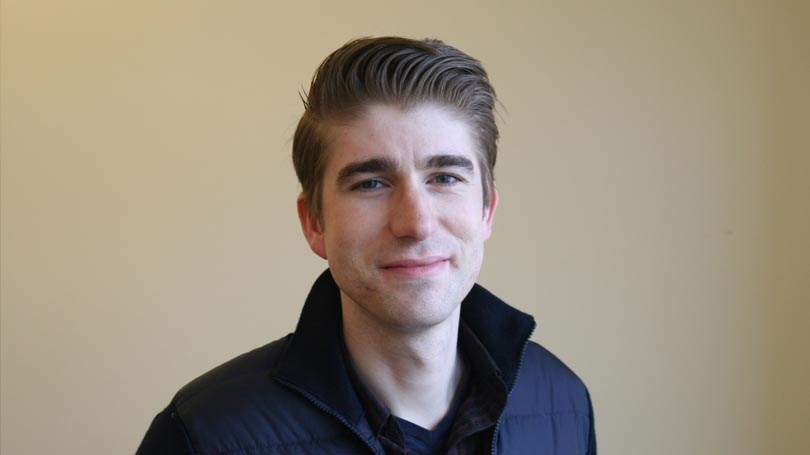
John Naslund, MPH, is a PhD candidate in The Dartmouth Institute for Health Policy and Clinical Practice
I am very pleased to provide an update on my ongoing exploratory work supported by the Dartmouth Graduate Studies Graduate Alumni Research Award. Serious mental illnesses including schizophrenia, schizoaffective disorder, and bipolar disorder are among the leading causes of disability in the United States and worldwide.
These mental disorders are associated with significant societal stigma, poverty, risk of substance use, debilitating symptoms, and contribute to dramatically reduced life expectancy. Interestingly, despite these numerous challenges, there have been recent studies showing that individuals with serious mental illness are more likely to share personal views through blogging, build friendships on social media, and use the Internet for accessing health information compared to people without mental illness.
In a previous study my colleagues and I explored the use of YouTube among people with serious mental illness and we found that unsolicited communication occurred naturally and involved self-forming online communities of individuals who share an understanding of living with mental illness (see our published work in PLoS ONE). Individuals with serious mental illness appeared to use social media to connect with others who also have a mental illness, to feel less alone, to seek health information, and to support each other.
This form of social interaction is referred to as online peer-to-peer support and has been described as one of the most transformational features of the Internet. However, online peer-to-peer support among people with serious mental illness is not very well understood. My goal in the current project was to conduct an in-depth exploration of peer-to-peer support on popular social media from the perspectives of people with serious mental illness.
This project is ongoing, and so far I have surveyed over 50 individuals through Twitter, Facebook, and YouTube, and I have interviewed over 20 of these individuals to better understand their experiences, motivations, and perceived benefits and risks of connecting with others over social media to discuss their mental illness.
Leading this project has been an incredible learning experience for myself. I have been truly moved by the willingness and openness of these individuals to share their personal stories with me. I have learned that for many of these individuals social media has served as a lifeline and as a way for them to connect with others who understand what it is like to live with a mental illness. I have gained a deeper understanding of how online networks can afford necessary support during times of crisis and can serve as a platform to feel less alone and to feel a sense of belonging to a broader online community.
Several of the participants I have interviewed have described some of the risks associated with using social media, such as encountering hurtful comments, argumentative or hostile individuals, and trolls. Despite these concerns, participants clearly expressed that the benefits of reaching out and finding others living with mental illness far outweighed any potential risks.
I am eager to continue this project and to conduct a more in depth and thorough thematic analysis of my findings as part of my dissertation. So far, my work has been featured in a story on NPR depicting the experiences of a young woman who has shared her experiences living with schizophrenia on YouTube. Also, I recently published a paper with my academic mentors describing the potential for online peer networks to advance wider efforts aimed at challenging mental health stigma, promoting mental health care seeking behaviors, and delivering targeted support programs and interventions for mental and physical wellbeing. This work was published earlier this year in Epidemiology and Psychiatric Sciences.
Through my interviews with participants with mental illness, there has been an overwhelming interest in receiving support for mental and physical wellbeing through social media. My long-term objective is to use the findings from the current project to inform efforts to leverage these online peer interactions among people with serious mental illness in order to promote positive health and wellbeing.
Specifically, this project will directly inform my recently funded Center for Technology and Behavioral Health pilot study that involves the development of a Facebook intervention targeting cigarette smoking among people with serious mental illness.
This is a rapidly advancing area of research with tremendous potential to substantially improve the lives of individuals with mental illness and to address the early mortality gap impacting these individuals. As social media use continues to increase dramatically in most countries worldwide, my future aspiration is for this formative work to inform efforts to leverage online peer networks towards addressing the global burden of mental disorders.
I would be interested in any comments or thoughts about this work. Please feel free to connect with me via email, Facebook, or Twitter (@naslundj).